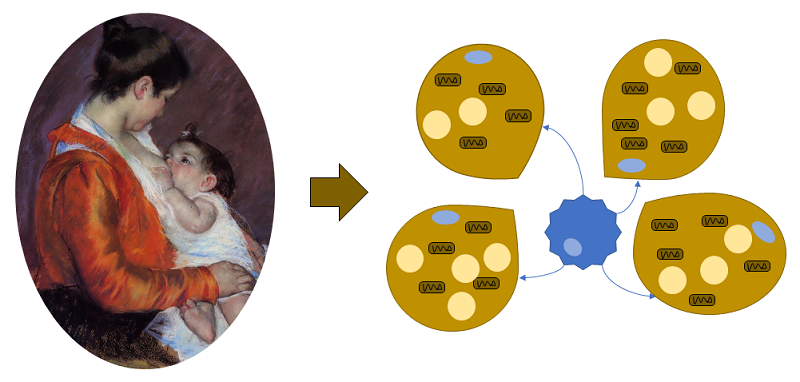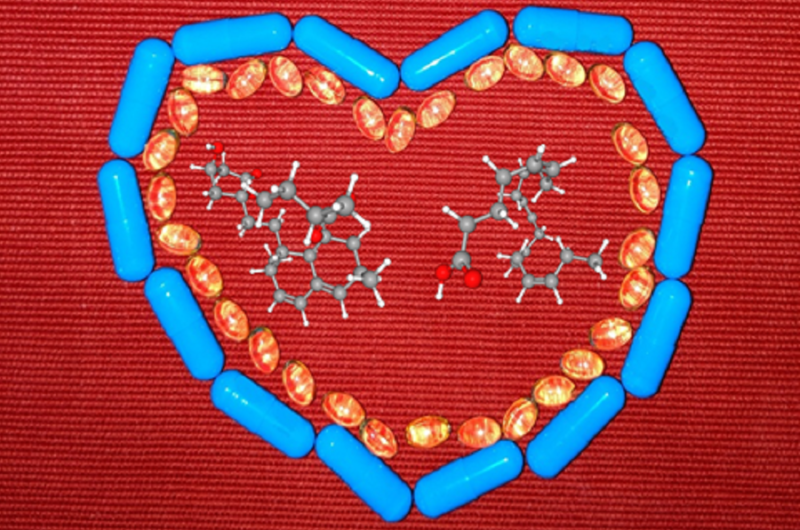Signal or Nutrient: Breast Milk Lipids in Macrophages
A recent article identified a role for alkylglycerol (AKG)-type ether lipids in human breast milk in the regulation of the development of fat tissue in nursing babies (Figure 1). Intriguingly, the lipids affected tissue-resident macrophages in the fat tissue, adipose tissue macrophages (ATMs), not the adipose cells themselves. Using mice, Yu and colleagaues showed that … Read more





